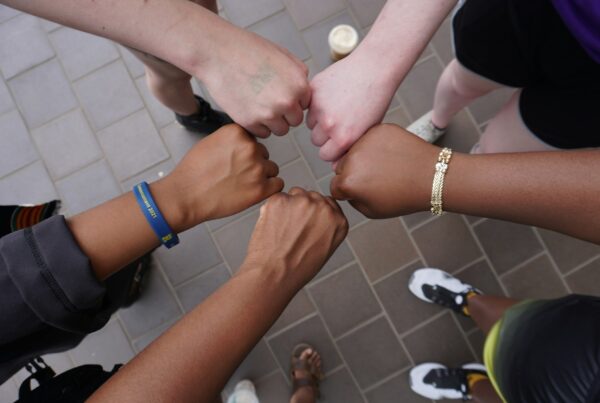The first year of college is a likely time for a student to reconsider their major.
Amidst pervasive life change and the undertaking of new challenges, it is not uncommon for students to consider a shift in their career pathways and the training necessary to get there. In my experience, this exploration on the part of a student may lead to a variety of parental responses, but there are three approaches I recommend based on my fifteen years of supporting students and families in the college journey.
1. Consider the context.
How did the student select their major? Students often chose a major based on the careers of adults they know personally. Their exposure to careers introduces possibility, and the likelihood of a student wanting to pursue a job in the future increases when the adult in the job is someone they like and respect—or someone who they identify with, such as in gender and/or race. Students may not say it explicitly, but their thinking may align with a mindset of “if they can do it, I can too.” This modeling of a career pathway can be an important factor in determining the lives and careers students aspire to. Exposure is the foundation of an aspiration.
2. Consider the realities students encounter in the first year.
Introductory courses in the first year and gateway courses (those courses that are traditionally challenging and without which a student cannot proceed to the desired major) expose students to new information about what is required in their career pathways. If they want to be a nursing major, for example, a higher-than-average grade may be required in Biology in order to continue as a nursing major. Depending on the program of study, other gateway courses could range from specialized Math classes to entry-level writing classes. While moving through these classes, students must shift their thinking from a vaguer idea of the future to the detailed work of the class. This necessary shift can lend a new view of reality, which can sometimes be difficult to adjust to.
3. Encourage your student.
There will be more complexities to consider for individual students in their respective programs and at their institutions, but it remains to be true that the college experience is one of discovery and self-design. Thus, if your student brings you the news they are considering a change of major in the first year, consider the following approaches for supporting them in their exploration.
- Encourage information gathering. It is likely your student arrived at the decision to reconsider their major based on new information they encountered after enrolling in classes. Encourage them to continue encountering new information, and to seek it out. Universities are filled with people of various expertise. Your student could gain valuable information by expanding their exposure within the university. If their new career pathway cannot be found at the university directly, there are likely alumni they could find on popular platforms like LinkedIn, or via an internal platform for connecting across the institution.
- Encourage a connection with Career Development. Career preparation is at the core of a college or university experience, now more than ever, so each campus will offer some version of support for students who want to explore potential careers that fit their interests and skill sets. This office on campus, sometimes also called Career Services, will likely offer resources, seminars, and potentially individual coaching for students who seek these out. Notably, some programs of study will have dedicated career preparation programs and teams. Prompt your student to talk with faculty or staff within their major (or desired major) to ask about any resources that are available to support their discovery process.
- Encourage a meeting with Academic Advising. A student’s academic advisor (or at some institutions, the Registrar’s Office) will be able to tell them about the implications of changing their major at any given time. A common concern is whether a change of major will add to their time to graduation, and therefore additional tuition and/or housing costs. Meeting with an advisor to get clear on the subsequent realities of another pathway of study can help your student consider their options with a deeper understanding of the implications.
Of all the strategic changes a student could consider making in their college career, a change of major could be chief among them. A program of study determines not only the classes they will take, but also the professors and peers they will encounter, the skillsets they will glean, and the opportunities they will consider after their degree is complete. If your student comes to you with the idea to change their major in the first year, recall these three ways to support them in the exploration, and perhaps you will find new possibilities emerge that neither of you have yet considered.
FGN-2760592PR-Y0324W










